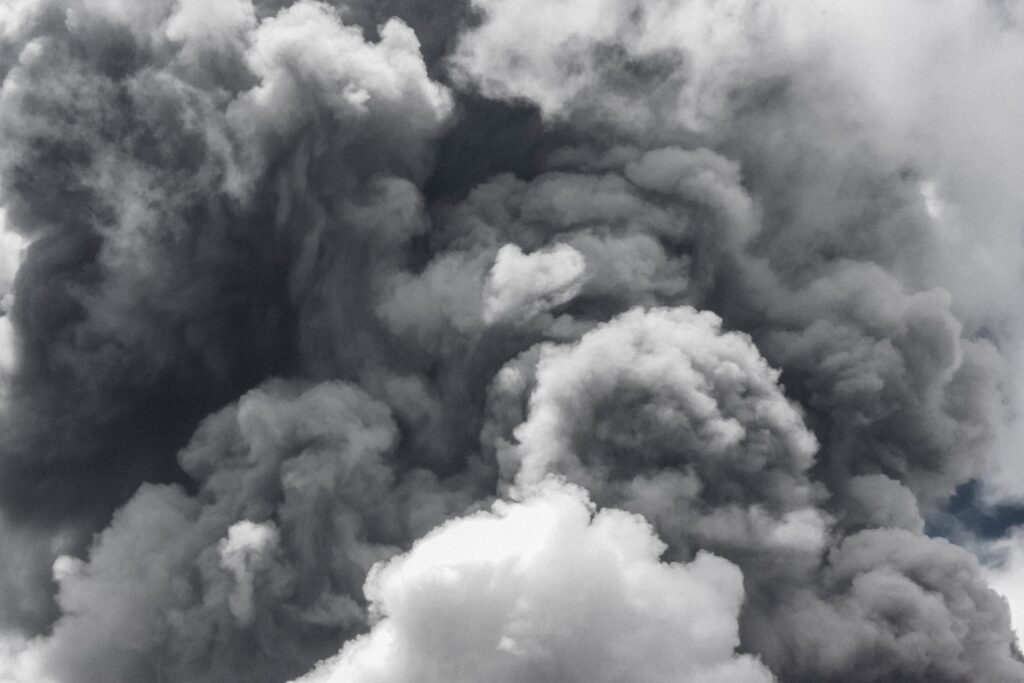
Carbon taxes do not harm jobs or economic growth
Results from two recent analyses suggest that implementing carbon taxes has no discernible detrimental effects on employment and GDP growth.

Results from two recent analyses suggest that implementing carbon taxes has no discernible detrimental effects on employment and GDP growth.

The COVID-19 pandemic will continue to impact the global monitoring and forecasting capacity of the earth system. Partially suspended activities are causing a large loss
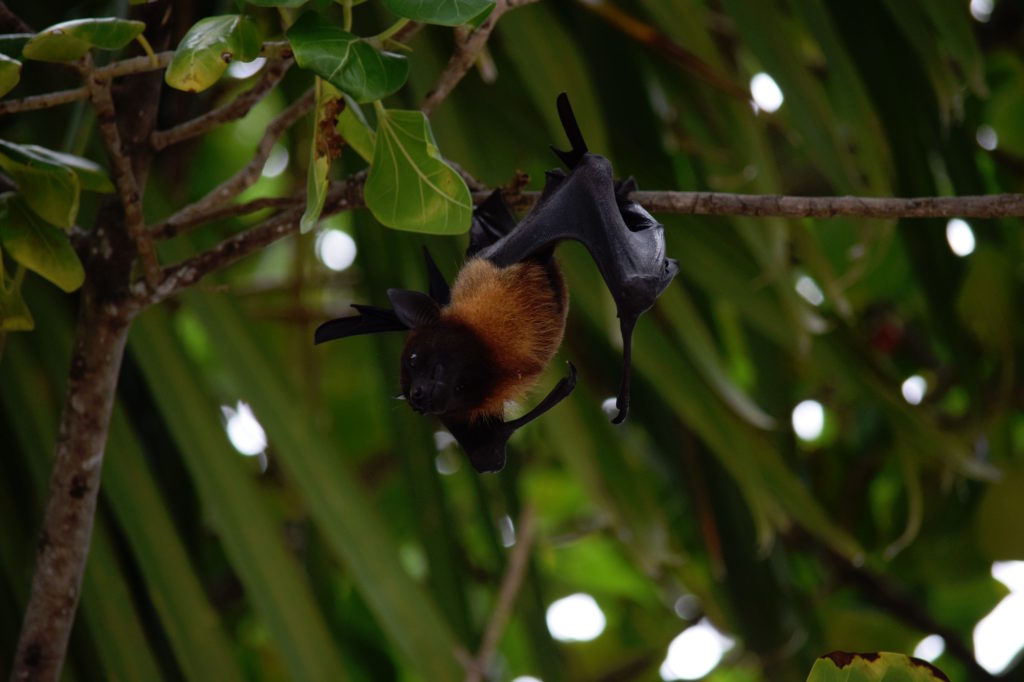
Virus spillovers, CO2 emissions, tipping points in the Earth’s climate system, and the One Health approach: exploring the forest-climate-health nexus and how limiting forest fragmentation
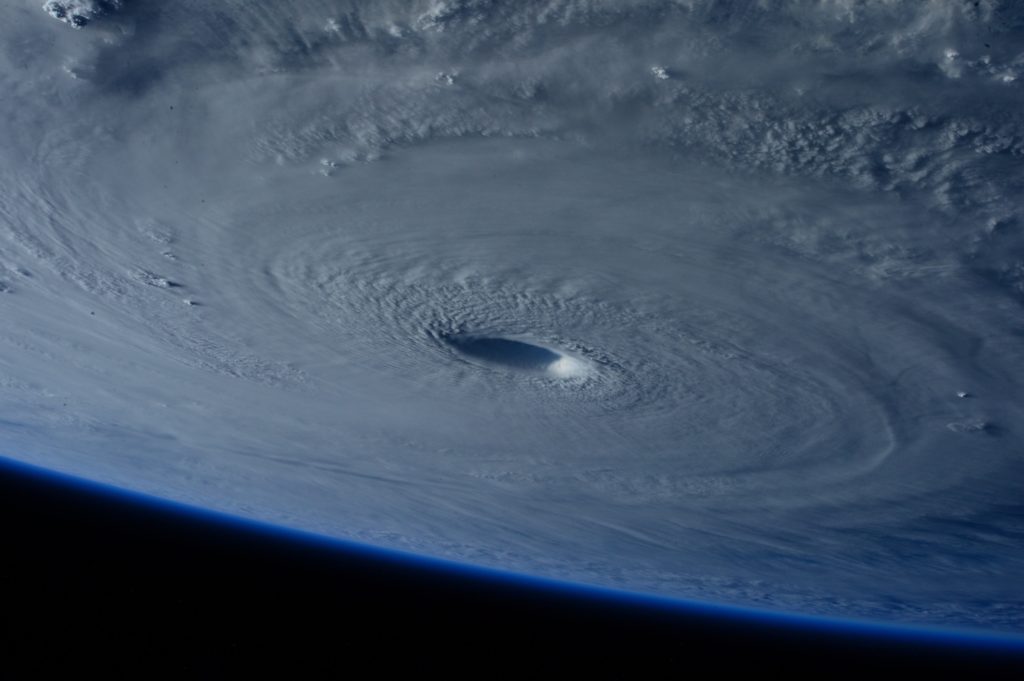
Hans von Storch and Silvio Gualdi Being trained as natural scientists, some climate scientists began in the 1990s their excursions into social sciences when it
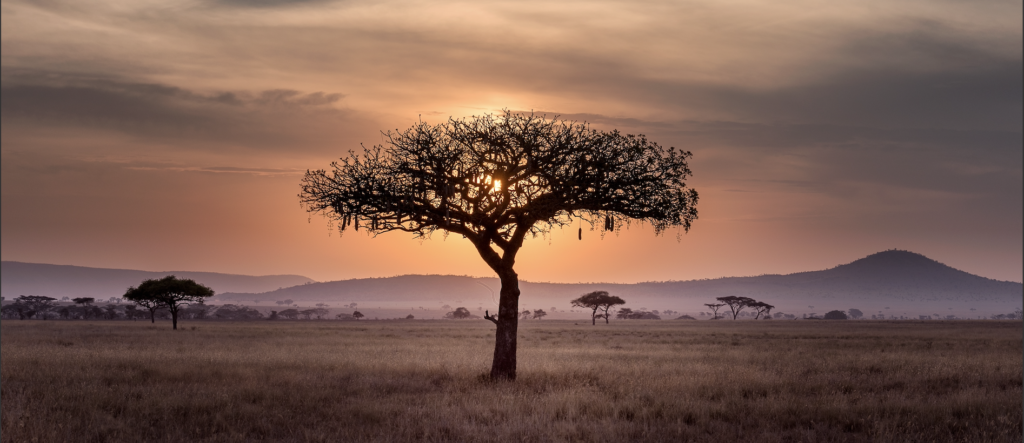
They build capacity and offer a voice for the areas which are most affected by Climate Change. They create a broad and fluid network of journalists and communicators that share resources, information and opportunities. All of which, in a very effective and innovative way. Discover Climate Tracker, the next generation of climate journalists.

They build capacity and offer a voice for the areas which are most affected by Climate Change. They create a broad and fluid network of journalists and communicators that share resources, information and opportunities. All of which, in a very effective and innovative way. Discover Climate Tracker, the next generation of climate journalists.
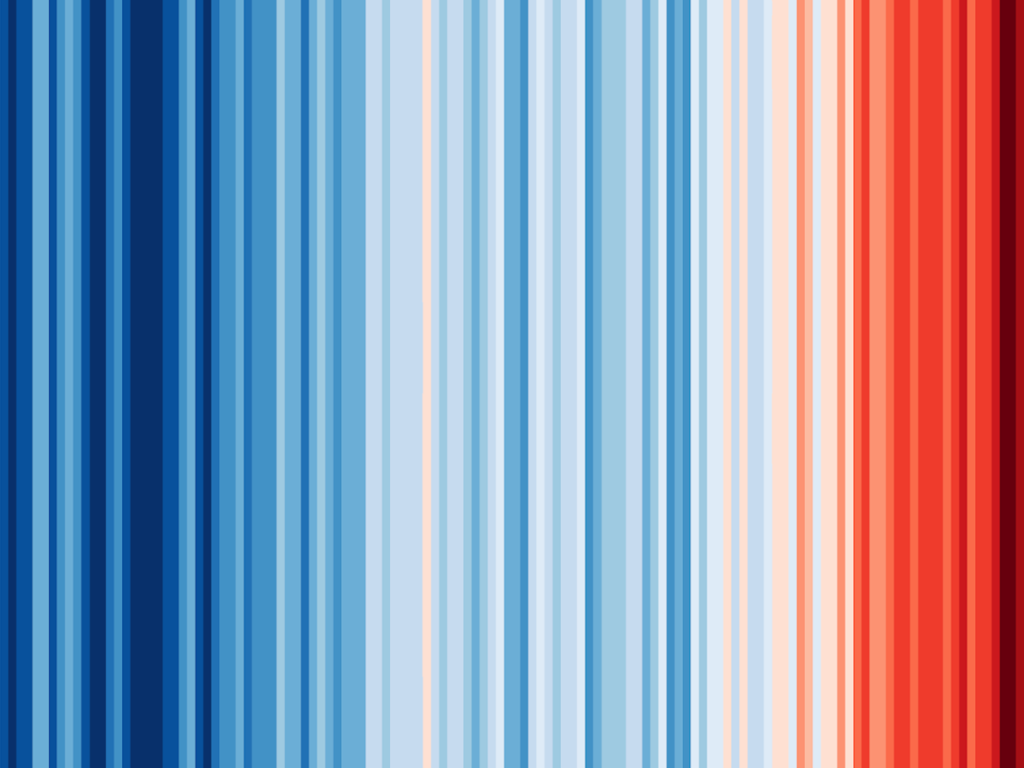
They collect information from trusted sources, bring scientific knowledge to a broader audience all over the world and provide an alternative to those boring assessments
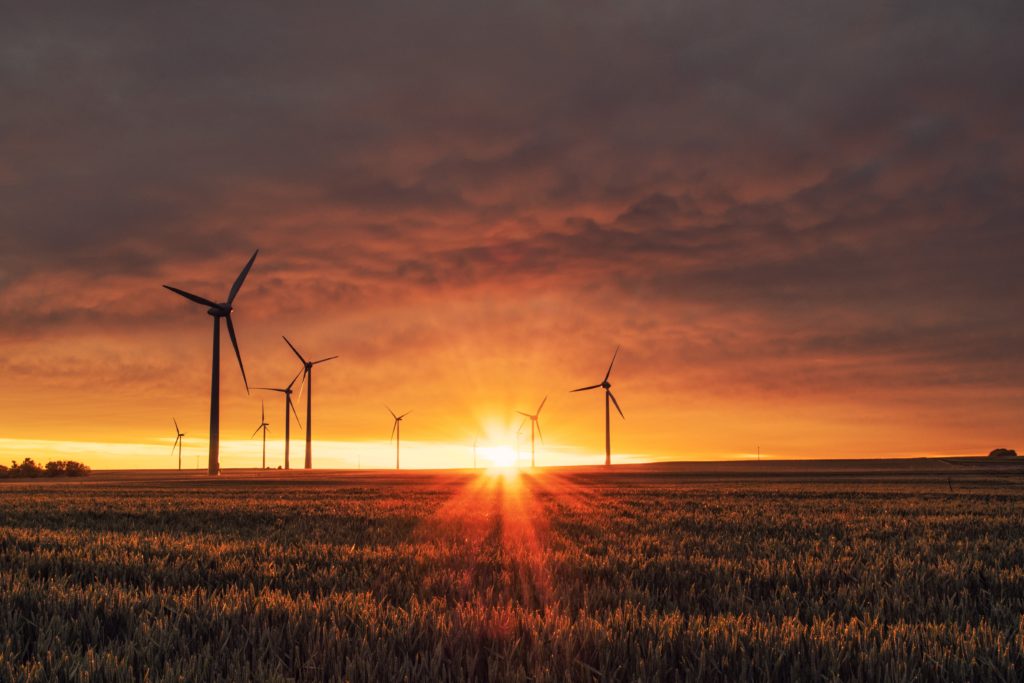
An article by Lionel Nesta, Elena Verdolini and Francesco Vona With the striking exception of the USA, countries around the world are committed to the

Climate change-related global warming is endangering corn production. A recent study underlines the crucial importance of maize in the food system and in the global market, analyzing the possibility of a simultaneous collapse in maize production in the major exporting countries.
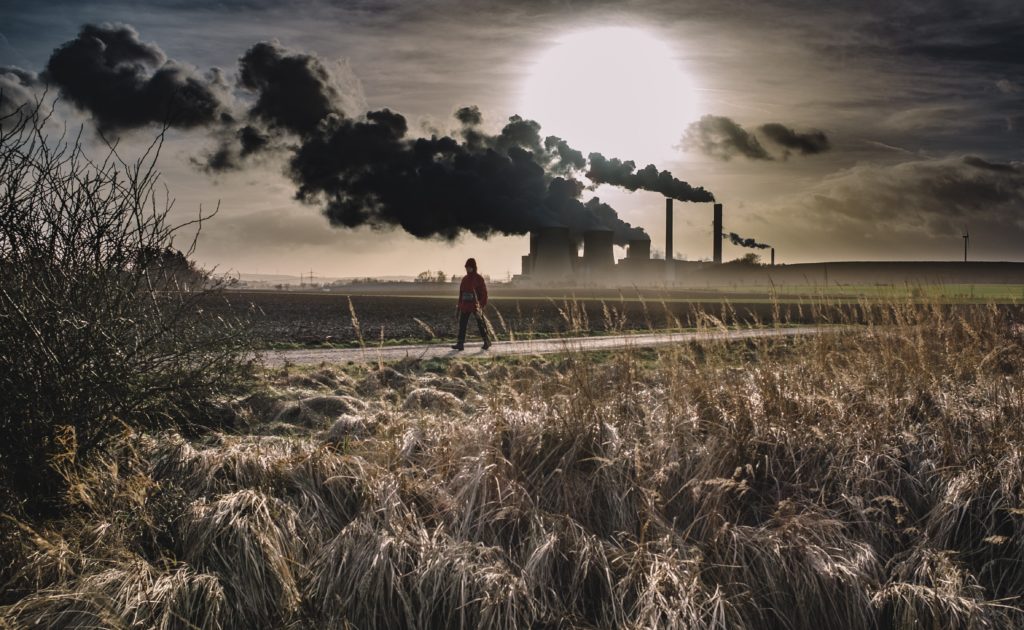
A new study claims that fossil fuel subsidies are a burden for national budget and for the environment. Carbon pricing should be introduced, instead, as a solution to drastically reduce CO2 emissions and obtain financial resources to address sustainable development.
While traditional economic models consider human beings as rational agents that maximize their pleasure (or “utility”), Behavioural Economics questions the rationality of people’s decisions. How can governments promote environmental policies more efficiently? We selected four policy insights from the Behavioural Economics literature.

A new study attempts to verify if and in which cases cities can constitute proxies to study the effects of long-term climate impacts on plants and animal species. Some peculiar conditions of urban centres, such as high CO2 concentrations, are hard to replicate experimentally; on the other hand, urban variables and characteristics could be misleading for the ecological research.